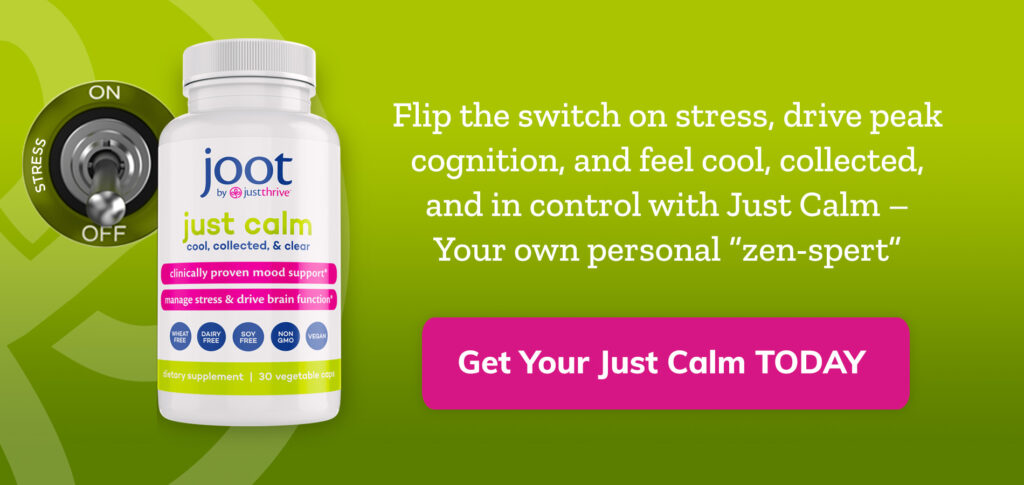No one joins Facebook to feel sad and alone.
But a new University of Houston study argues that that’s exactly how we feel.
Some users browsing the social media site on a daily basis may inevitably begin comparing their lives to those of their friends, according to the study.
Researcher Mai-Ly Steers, a doctoral candidate in social psychology at the University of Houston, conducted two studies to investigate how social comparison to peers on Facebook might impact users’ psychological health. Both studies provided evidence that Facebook users felt depressed when comparing themselves to others.
According to Facebook, the social network has now passed 1.23 billion monthly active users and the number of monthly active mobile users hit 945 million.
“It doesn’t mean Facebook causes depression, but that depressed feelings and lots of time on Facebook and comparing oneself to others tend to go hand in hand,” said Steers in the Journal of Social and Clinical Psychology. “One danger is that Facebook often gives us information about our friends that we are not normally privy to, which gives us even more opportunities to socially compare… Most of our Facebook friends tend to post about the good things that occur in their lives, while leaving out the bad. If we’re comparing ourselves to our friends’ ‘highlight reels,’ this may lead us to think their lives are better than they actually are and conversely, make us feel worse about our own lives.”
Psychologist Beth Anderson and her colleagues suggested that using Facebook can quickly become addictive, leading to resentment and negativity. Users may begin to resent others’ lives and the image of themselves that they feel they need to maintain.
Another group of researchers at the University of Missouri also found that Facebook can lead to symptoms of depression if the social networking site triggers feelings of envy.
“Facebook can be a fun and healthy activity if users take advantage of the site to stay connected with family and old friends to share interesting and important aspects of their lives,” said Margaret Duffy, a professor and chair of strategic communication at the MU School of Journalism, to the University of Missouri News Bureau. “However, if Facebook is used to see how well an acquaintance is doing financially or how happy an old friend is in his relationship – things that cause envy among users – use of the site can lead to feelings of depression.”
Duffy and Edson Tandoc, a former doctoral student at MU and now an assistant professor at Nanyang Technological University in Singapore, found that Facebook postings such as expensive vacations, new homes or cars, or happy relationships can elicit feelings of envy among “surveillance users.” Those feelings of envy can lead to users experiencing signs of depression.
Yet some Facebook users don’t actually think they’ll get depressed. According to a Dartmouth-Cornell study, Facebook users with a so-called optimistic bias think they’re less likely than other users to experience cyberbullying, depression and other negative social and psychological effects from using the site.
Researchers surveyed 237 Facebook users between ages 18 and 37 who were asked to assess their own and other people’s likelihood of experiencing positive and negative results on Facebook. The study showed that users with optimistic bias showed strong support for Internet regulations to protect others from social ostracizing, but not from psychologically negative effects like depression and loneliness.

